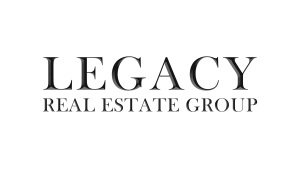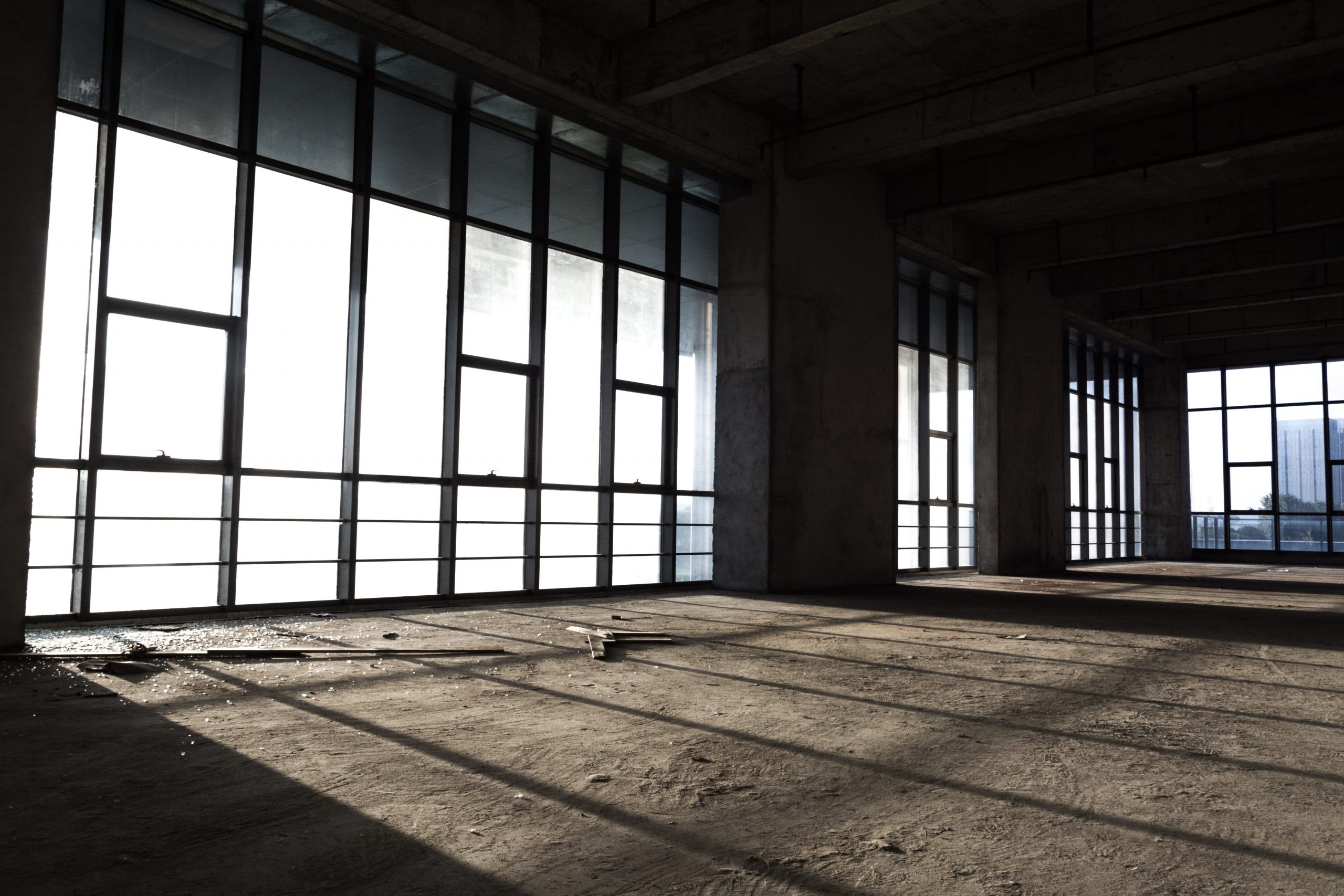What’s the Use?
Beginning with end in mind is great to fully comprehend the exact use intended for the prospective space to lease. Imagine your business in full operations. What does that look like? If you are planning to open a restaurant what are all the components you’ll need to open. Will patrons be able to dine in or does business model intend for them to grab and go? Understanding your full use will also answer the minimum amount of square foot needed. A restaurant for example will need a kitchen area, meet min bathroom requirements, space to dine in, office, adequate entry and exit space, and parking. Parking will be a major factor on use as well. Event type uses will require 8-10 parking space per 1,000 sq ft or otherwise noted if granted a special use permit. Las Vegas is quickly expanding in both the residential and commercial market. As the population increases so will the need for general businesses such as restaurants, grocery stores, gas stations, and more to support the community. Retail plazas will look to attract various businesses to co-exist with the residential community within proximity. Owner and/or property managers will look to evaluate the use or new tenants to determine whether it fits into its current tenant mix. A good tenant mix should provide a healthy relationship with each business within the plaza. Two nail salons in the same plaza are not a great example of a good tenant mix since the businesses will compete for the same clients in the area. Now that you’ve figured out the exact use of your business next will you’ll want to determine zoning.
Zoning
The Las Vegas valley is broken up into various parts that are governed by their perspective planning departments with the goal of following an overall pre-approved master plan for the area. Your business will need to acquire various licenses and permits prior to doors open. Knowing where to get these licenses and permits will depend on the subject property’s jurisdiction. City of Las Vegas, North Las Vegas, Clark County, and Henderson are the main zoning jurisdictions of Southern Nevada. To determine the zoning, it may be easiest to use GISMO (Geographic Information Systems Management Office) which is free and open to public use. Clark County’s comprehensive planning website will have direct link to their interactive GISMO tool. Simply enter the subject address into the website and it will populate the jurisdiction along other useful information such as planned use for area, ownership, and lot size. In addition to the Las Vegas Golden Knights, Aces, and Raiders, Las Vegas may soon be home of a new basketball team and baseball team. To accommodate for the event centers and arenas built, the overall master plan may see an adjustment.
Financials
If you aren’t looking to own the building for the new or expanding business, then you are looking to utilize a commercial lease. In light of the pandemic owners may be cautious when considering new tenants since many businesses were forced to break their leases. The main factors owners or property managers will want to see is if the funds of the person guaranteeing the lease will support the base rent and full or partial cost of the build out. There will most likely will be an additional CAM (Common Area Maintenance) fee and/or NNN rate cost per square foot added on top of the base rent. New businesses are also a risk to the owner of the building. Depending on the type of business financials should show that the business will be able to sustain the monthly rent for at least 1-3 years prior to the business generating any revenue. In most cases the personal bank statements and most recent 2 years tax returns of the guarantor will be used as proof of funds. This is mainly to hold a specific person or persons liable for the terms of the lease. Businesses such as a major retailer or fast-food chain may come with a corporate guarantee of which the funds of the business may be shown instead.
Terms & Conditions
Prior to negotiating the terms and conditions of the lease you’ll want to want to set up a walk through with your broker and general contractors to take notes on what would need to be done to open for business. In a perfect world the location is turnkey, and you move right in. However, in most cases you’ll need to adjust the preexisting space to fit the needs of your business. You’ll want to acquire one or multiple bids from the contractors for your project. The terms and conditions of the lease will mainly be focused on the length of years, base rate per square foot, and any miscellaneous requests of the owner. A common request can be a financial tenant improvement allowance. This allowance goes towards the build out cost which if approved will be sent to a third-party company such of Three Lock Box to hold and release the funds to the contractor as needed. The bid from your contractor will be needed to support why you are asking the owner to pay the full or partial amount of the build out cost. This can be looked at as either investment or risk for the owner. For example, the total amount of rent paid for the duration of the lease is 2 million and the cost of build out is $500,000. The new tenant may ask the owner to provide $250,000 in a tenant improvement allowance accounting for 50% of the initial bid, however, what would justify this investment? Providing an adequate amount of proof of funds and solid explanation of what you intend to utilize the space for will determine whether the owner chooses to accept or deny your offer on leasing the space. The base rate per square foot in question should be comparable to near or similar type use rents in the area. In Las Vegas industrial type leases such as a warehouse will rent close to or under $1 per square foot. Retail space in average areas will be closer to $2 per square foot and as high as $3-5 per square feet in prime areas. The length of the lease will also depend on use type with retail spaces typically ranging from 3-5 years with 3% avg increase in rents per year. Another pro tip while negotiating is working with an experience general contractor that can deliver the build out in timely fashion. If the contractor suggests the build out will take 6 months to complete the new tenant may ask their broker to negotiate those months be free or abated to maximize time needed to generate revenue prior to paying rent. Once the terms and conditions of the lease are fully executed by both parties the tenant will need to pay the sum of 2 months’ rent which accounts for an initial deposit and 1st month’s rent.
Buildout and Tenant Improvements
Your vision is close to becoming reality now that you’ve signed a new lease. Prior to your contractor getting to work on your project you’ll need to acquire the necessary permits. After the initial walk throughs, the contractors will work with a designated architect to design plans of your business’s layout. These plans will need to be sent to the subject property’s given zoning jurisdiction for approval. More than likely the architect or general contractor will handle this process for you for a fee. Once all plans are approved and permits received let the build out begin! Pro Tip: Make sure the contractor you are working with is licensed and more importantly their monetary limit for the bid is sufficient. If the limit is lower than the bid, ask if they could request an increase to the monetary limit to handle the project. You may look up your contractor’s credentials at nvcontractorsboard.com.


